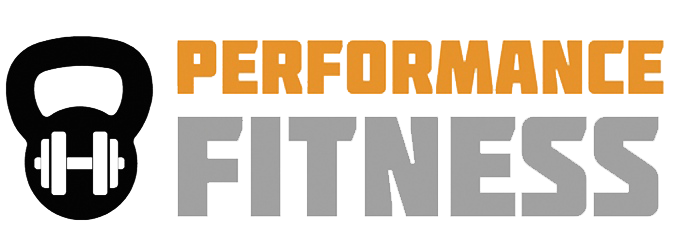Your slow progress is a good thing
Top five reasons your slow progress is a good thing
You’ve been at it for two weeks or longer—maybe a month, or even three. You’re not seeing the results you thought you’d have by now—the looser-fitting jeans, the lower number on the scale…You’re still huffing and puffing through every workout. Where’s the good news in that? Well I’ll tell you.
Here are the top five reasons your slow progress or even perceived failure is a good thing:
1. You need more time. Have you heard this one? “It takes as long to walk out of the forest as it did to walk in.” Ask yourself how long it took to put on the weight you’re trying to take off. Was it more than two weeks? Usually the answer is yes. In that time that you put on weight, you developed habits and behaviors that became ingrained. Things like snacking after you ate a full meal. Cleaning your kids’ plates after they failed to finish their meals. Standing in front of the fridge with a gnawing but ambiguous craving. Taking bites of all sorts of snacks and leftovers until you felt bloated but unsatisfied. Saying “yes” to whatever food and drink was offered at a social gathering.
When weight loss is a goal you want to sustain, your eating and exercise habits need to be overhauled and sustained as well. They need to become a lifestyle. Dessert every night is no longer an option. Nor is a drink or two a night. Snacking on junk is a thing of the past, as is any mindless nibbling. You learn to budget your calories for parties and other social engagements and you learn how to say “no” to well-meaning or undermining personalities. You learn to track your calories and eat whole, real foods—not processed crap. All of these new behaviors take more than two weeks to become your new normal.
2. You need to adapt. As far as exercise, the body takes time to adapt. Muscle, in order to be gained, must be challenged with strenuous resistance training, and then with the aid of dietary protein, needs time to heal and thereby grow. Your joints need weight-bearing exercises to grow strong and resistant to injury. As your muscles adapt, so does your cardiovascular system.
You also need time to learn proper form, while growing stronger and more confident with heavier loads. Details like wrist position and body tension begin to seem more important than they did initially, as do more subtle and nuanced concepts like breathing techniques and movement tempo. Think of strength-training as a skill, like learning to play the violin, not just a means to an aesthetic end.
3. You need to make connections. As you become a more capable athlete, you start to see—we hope—the connection between nutritious whole foods and your ability to train hard a few days a week. You begin to notice that you have “off” days when your nutrition is off. And you can’t notice any of these changes if you don’t give them time. You are getting to know your body during this time. Getting to know its preferences, its need for recovery and mobility work, getting to know its limits so that you can work to exceed them safely and intelligently.
4. You need to experiment. If you are restricting your calories, eating adequate protein and strength-training three days a week with some short bursts of cardio thrown in, you will see results. If you’re not seeing results, it usually means that you are not doing one or more of these things. You track most days but not all. You need heavier loads. You need to push harder during cardio intervals, or focus on your workout more than your conversation.
By NOT getting results, you get to see yourself in a clinical light—as your very own personal science experiment. You get to try something different to see if you get a different result. If you’re not tracking seven days a week, start. If you’re doing cardio five days a week and strength-training two days, switch it up. Prioritize your strength-training and use your cardio as a supplement. If you think you need to drink more water, try tracking your water intake AND your mood, satiety and energy levels. What about your sleep? Are you sleeping through the night and getting enough quality sleep? Do you have a journal where you can record your workouts and insights? What are you waiting for?
5. You need to wake up. Use your frustrating results as an opportunity to investigate. If you step up your game and you’re STILL not seeing results, you need to take it to a medical professional who can rule out hormonal issues and the like. If the doctor deems you healthy, then something YOU’RE doing or not doing is hindering your progress and it’s up to you to be 100% honest with yourself. It’s possible that you’re in denial about some portion of your lifestyle that’s holding you back. Getting over a hurdle of this kind can be one of the most empowering events in your life and this awakening is, excuse my cheesiness, precious. When you look at it like that, you’ll see that your failure to achieve your goal was actually a profound blessing that you are thankful for.
I hope this post offers you the possibility of seeing the silver lining where once you only saw a cloud of hopelessness and frustration. And I hope that by seeing this opportunity you will also feel a sense of empowerment that keeps your feet firmly planted on the path leading to your fittest, happiest self.
